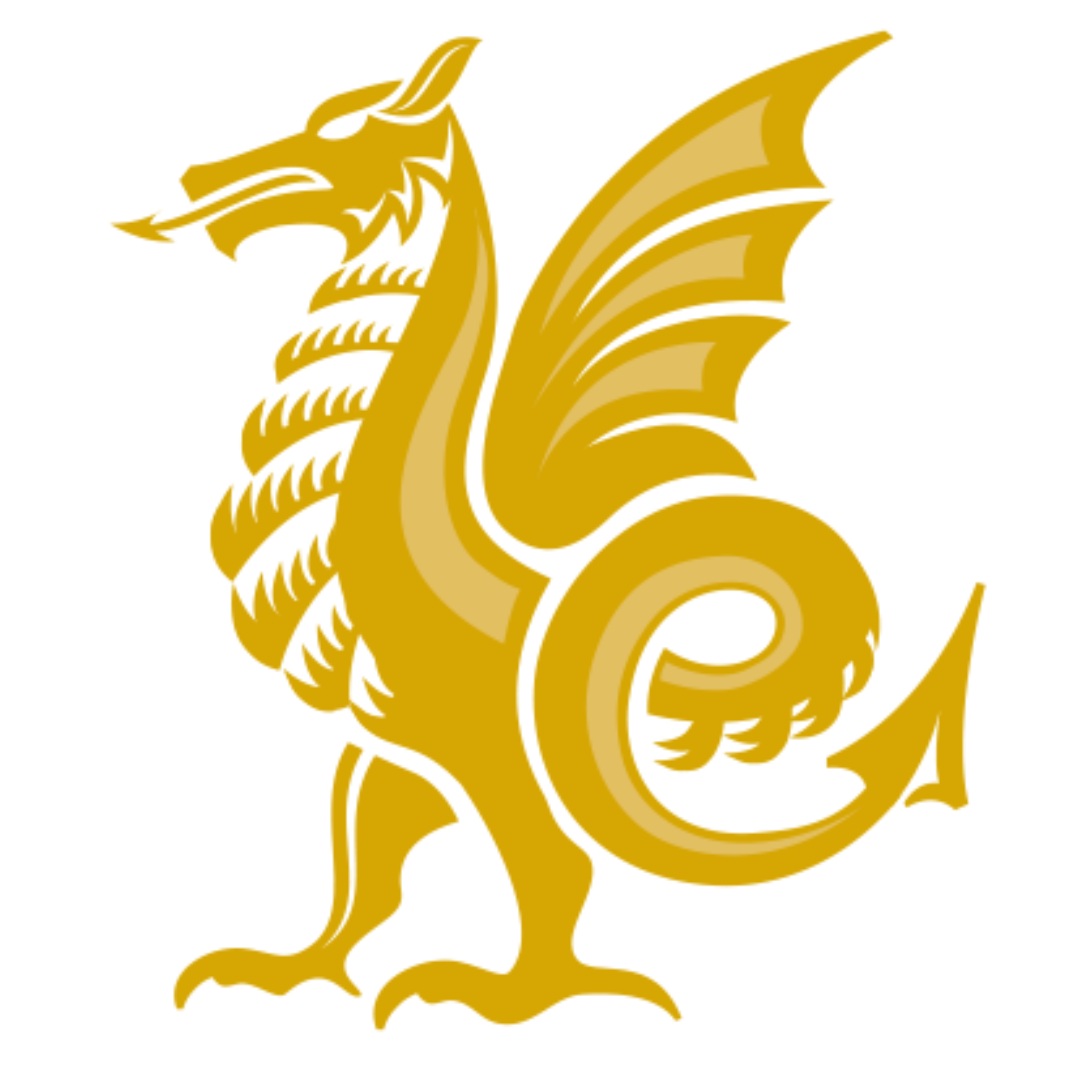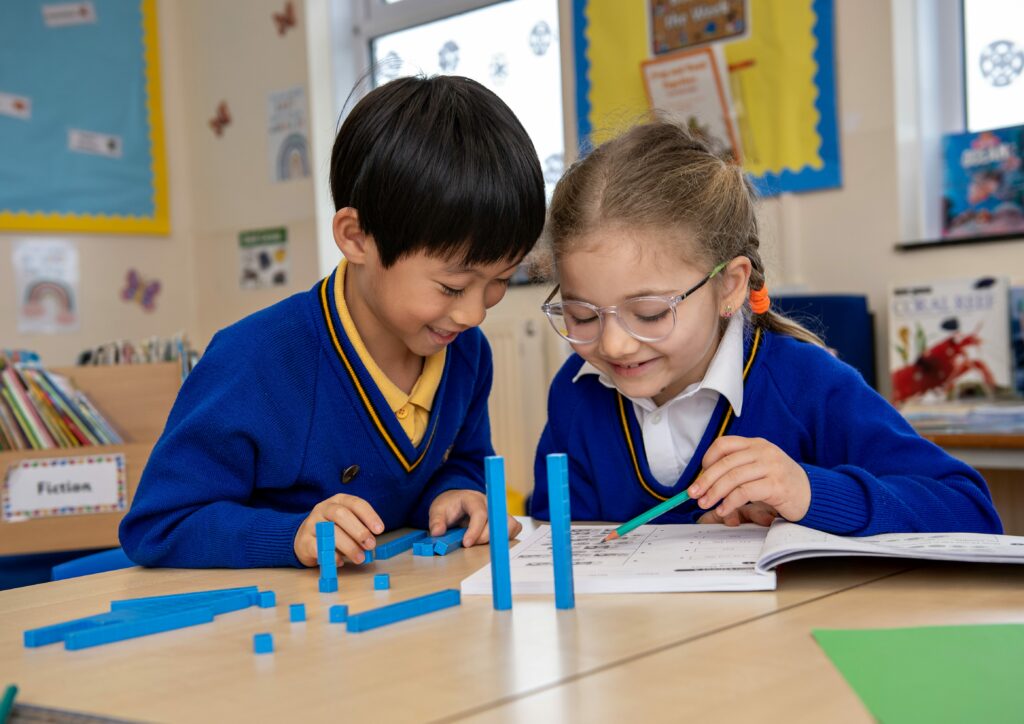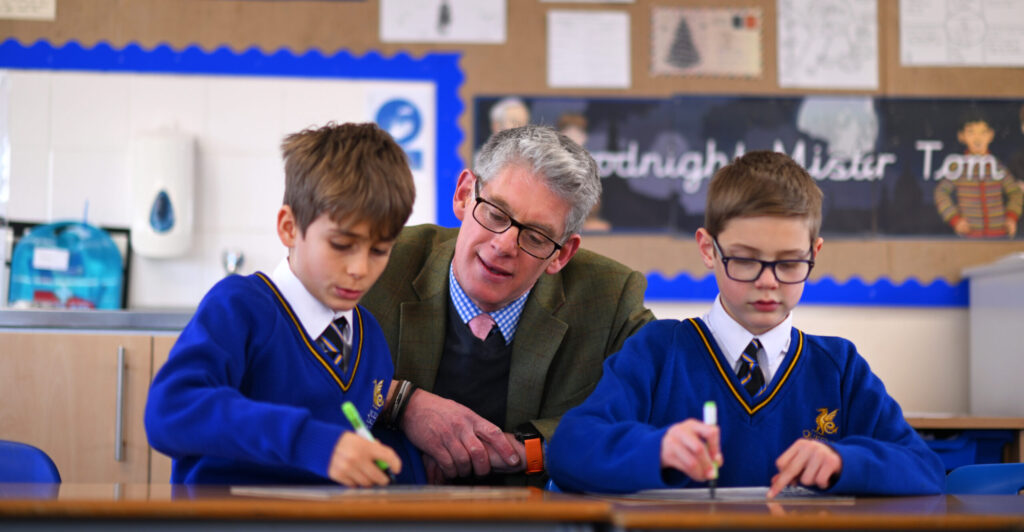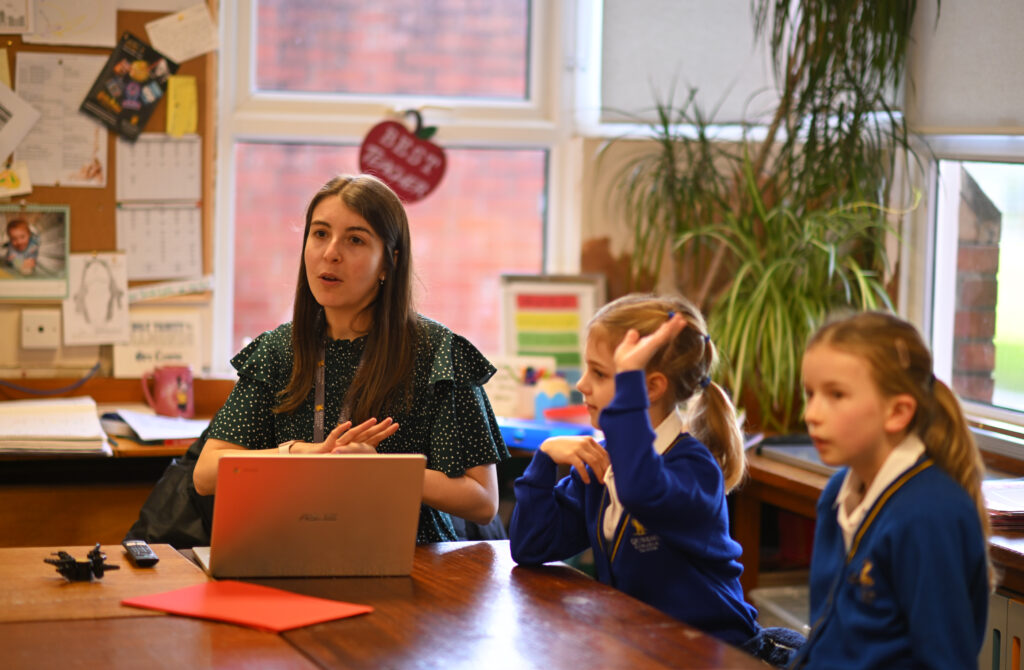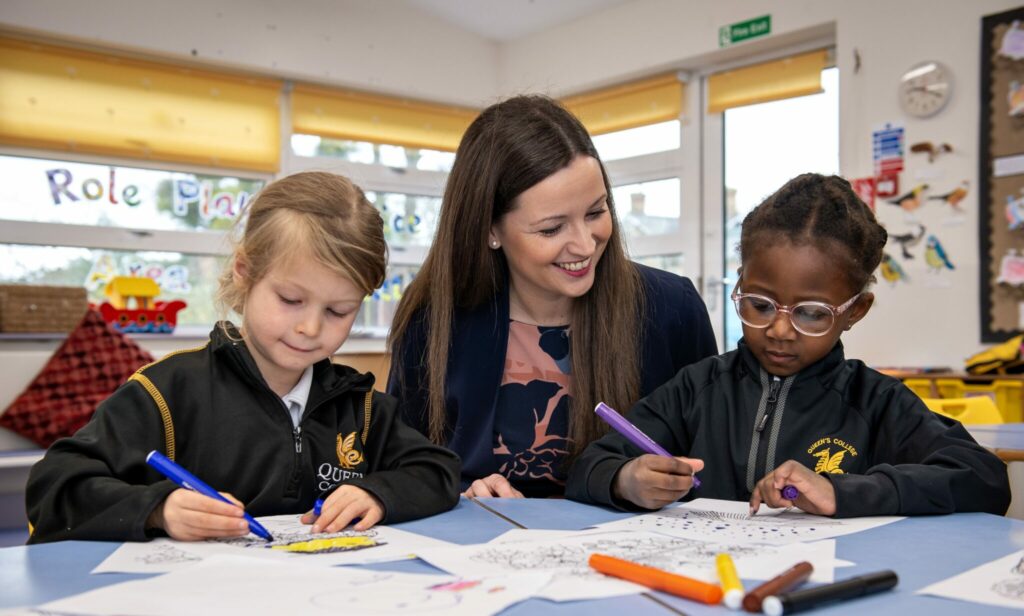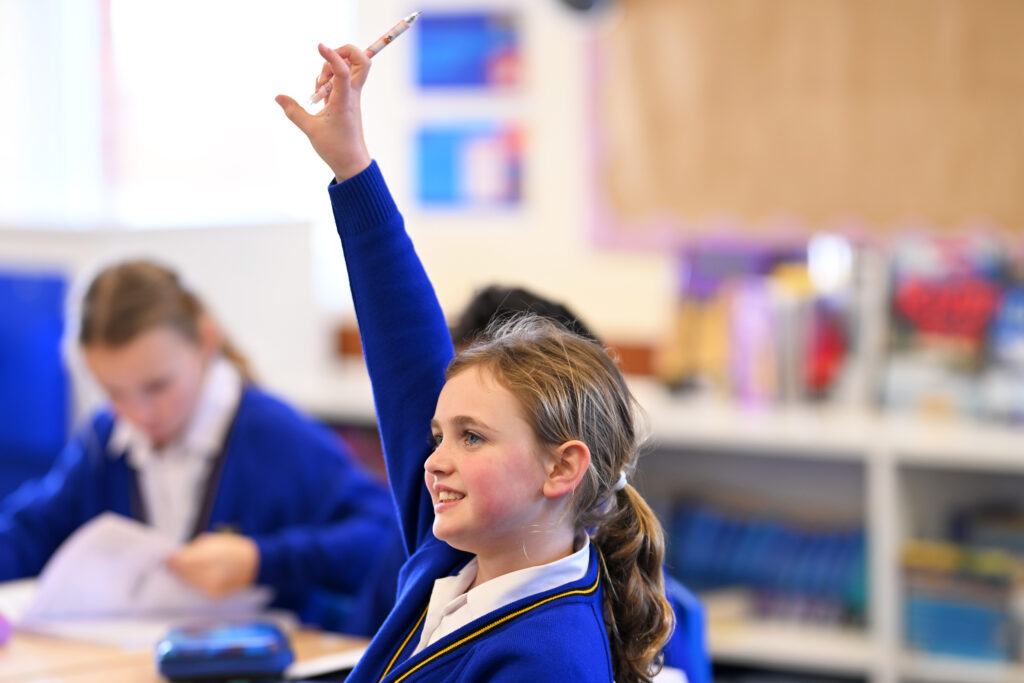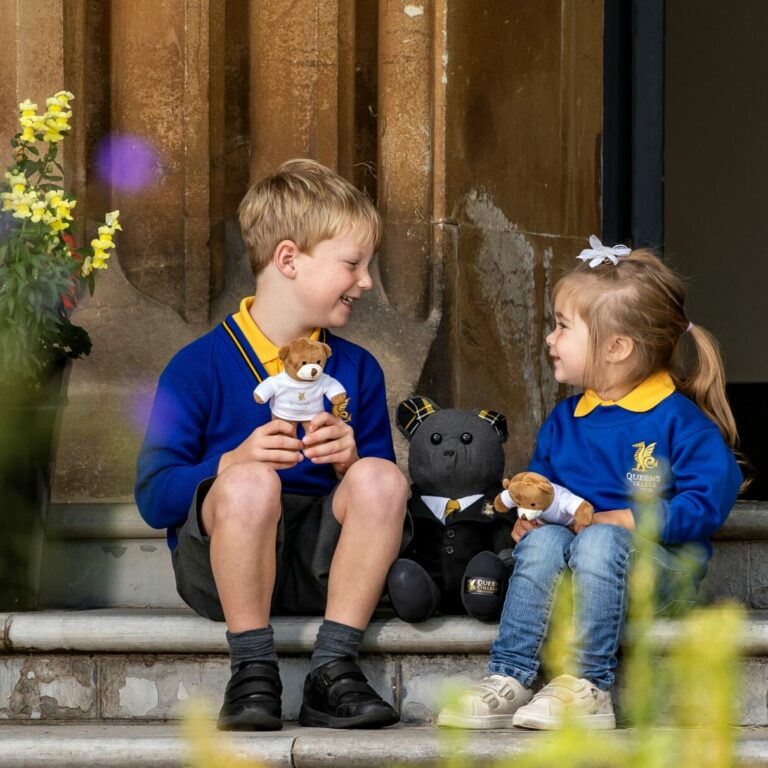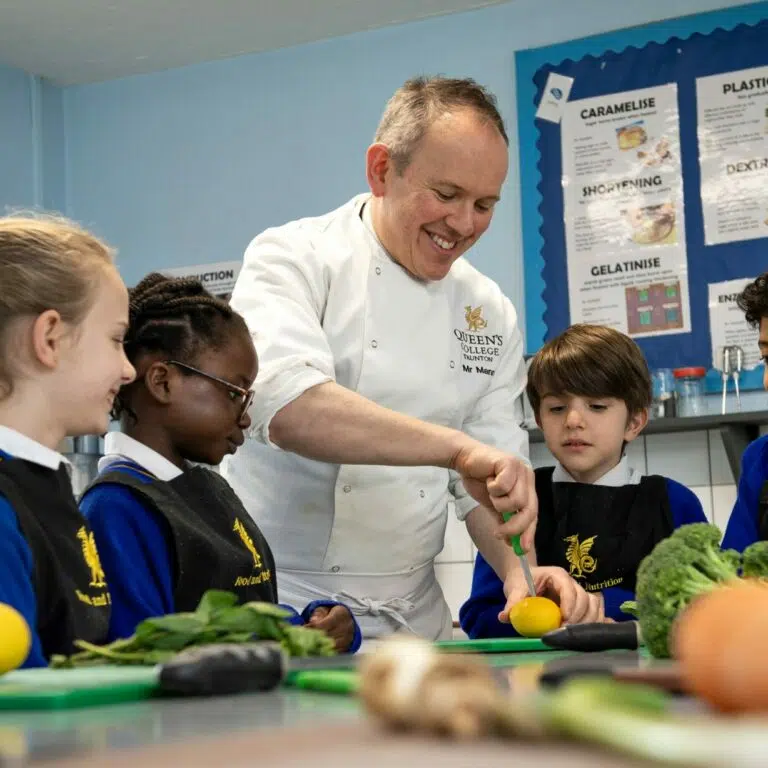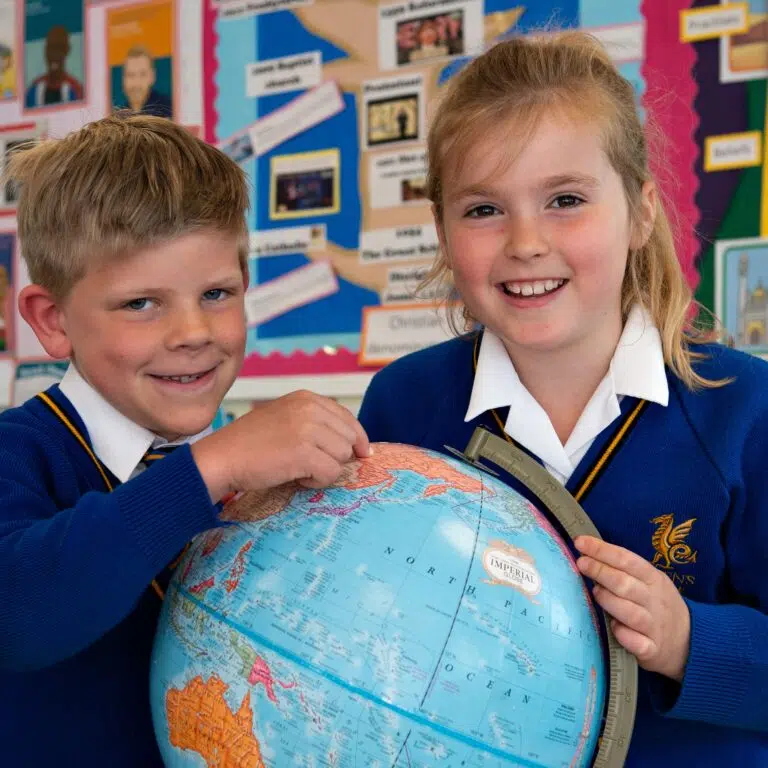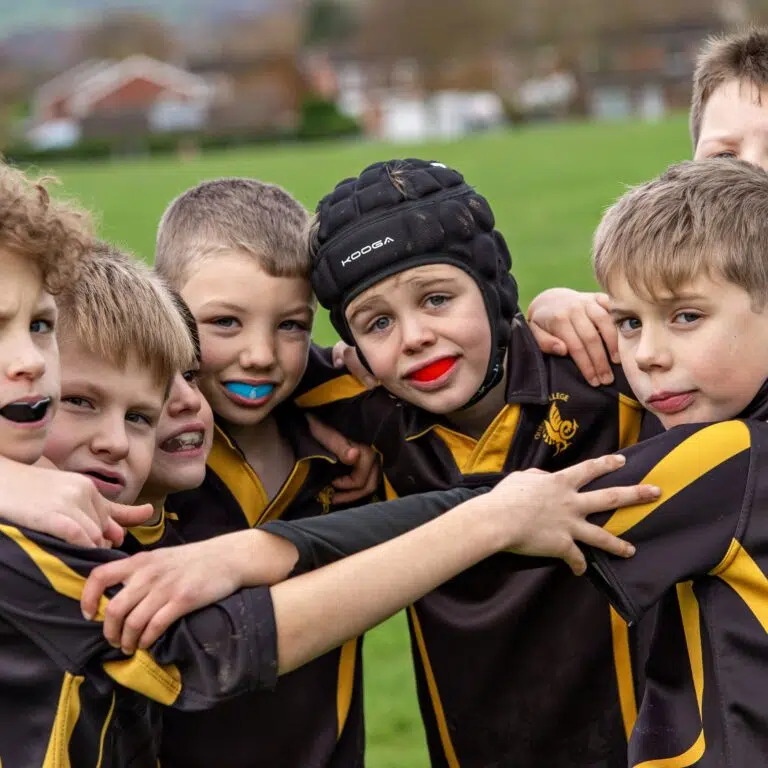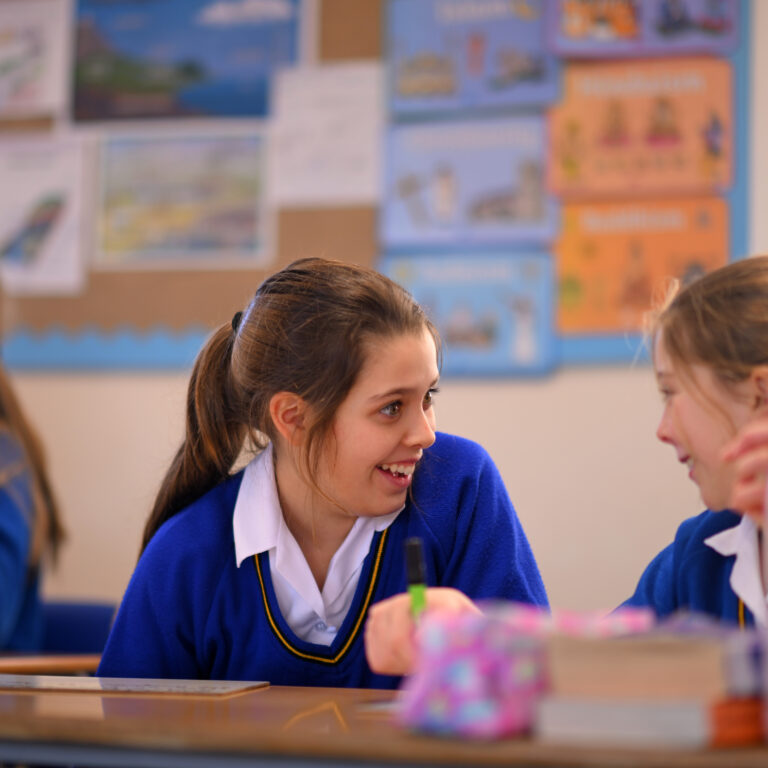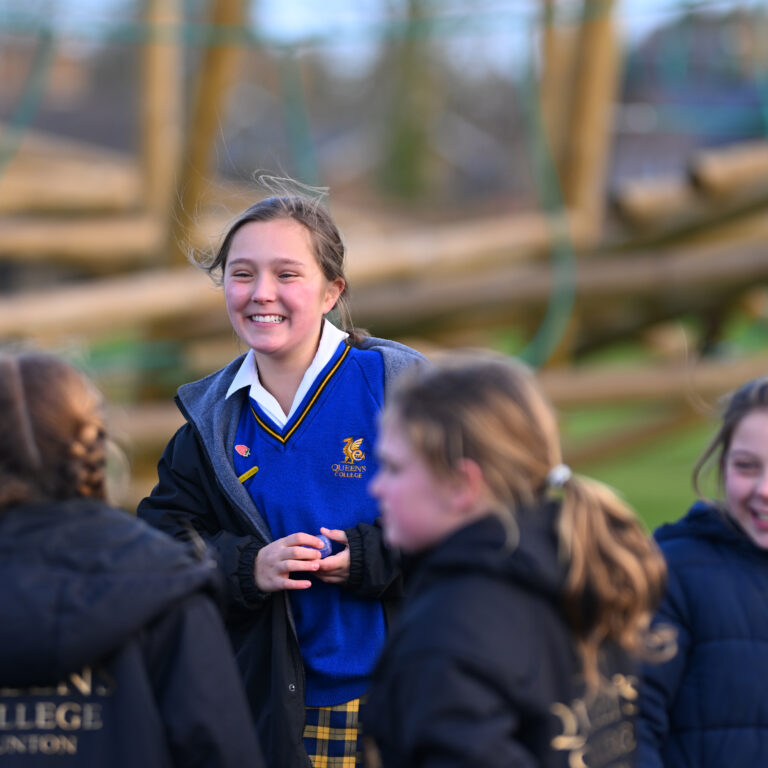Queen’s College is dedicated to providing an exceptional start to education for its Pre-Prep and Upper Prep pupils, establishing a strong foundation for future learning. With a focus on outstanding pastoral care, Queen’s nurtures strong relationships with parents while prioritising the individual needs of each child to enhance self-esteem, confidence, and independence. Queen’s College Prep fosters a collaborative community where children are encouraged to explore their interests and support one another. Guided by the motto, “We educate not just for school, but for life,” students are prepared for a lifetime of success and fulfilment.
Considering Queen’s College for your child’s education? Our Admissions Team is here to provide you with a full overview of our curriculum. Get in touch to schedule a tour and learn more.



